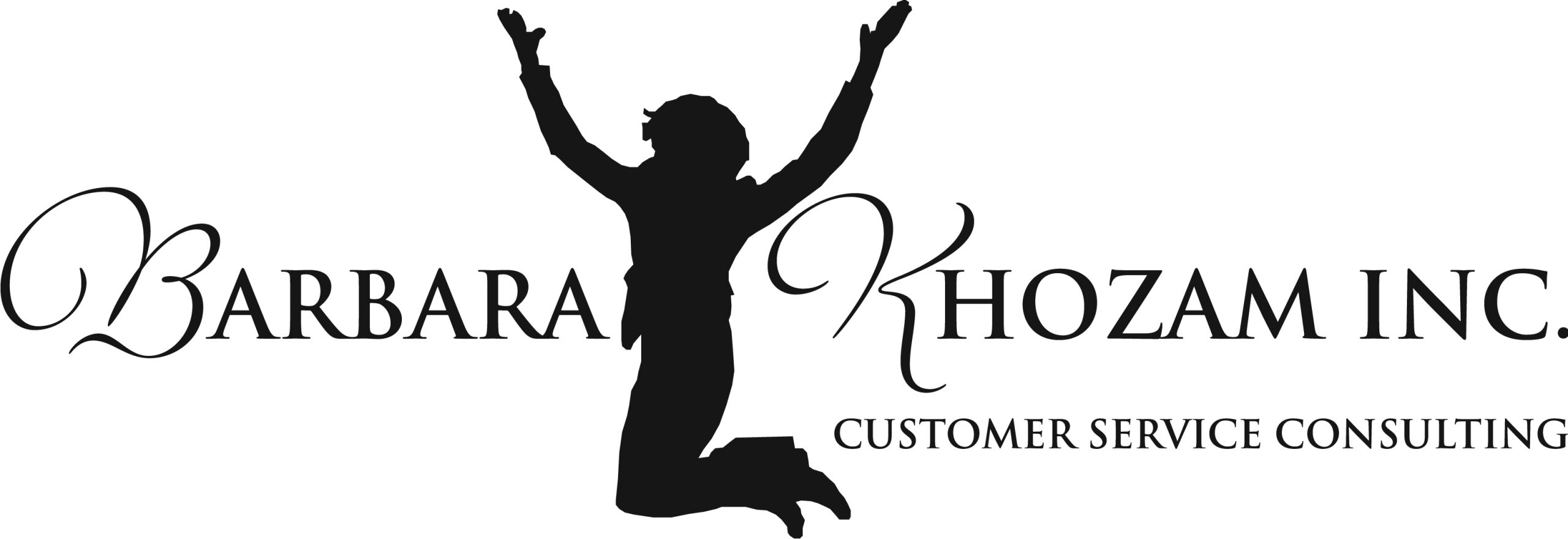You can’t remember what you ate for breakfast, yet they expect you to know product details.
Negative Ned Says…
“I don’t know much about my company other than what day I get paid and what time my lunch break is. I don’t need to know any more than that, do I? Most of the time, customers know more about the products we sell or where to find them than I do, but that’s okay with me. All I really need to do is ring up the sale. If they want to know something else, they can always go to our website or ask a manager.”
Positive Paul Says…
“You have probably heard the phrase, ‘knowledge is power.’ It is your obligation to learn about your company’s products and services so that you are able to communicate the features and benefits to customers.
That knowledge will have additional positive effects. The more you know, the more competent you become. And the more competent you become, the more confident you are when talking about your company’s products and services. Ultimately, you will encourage the customer to trust your product, service and company.
The companies that are thriving in today’s climate are the ones who continually update themselves — their processes, people, systems, marketing and branding.
If you don’t have confidence in your product or service, the customer will feel it. Customers expect those who work for the company to have a higher level of knowledge than they do, and they expect to get sound advice when they ask for it. If you don’t have the knowledge to advise them, you’re going to run into problems. You will have a tough time communicating with your boss, your colleagues, and your customers. Your customers will most likely get frustrated and turn to one of your competitors for what they need.”
A Real World Example
Here’s a story from a fellow Toastmaster, CJ Conard:
“Some years ago, shortly after DVD players for home users started catching on, I thought about getting a low-end DVD player for my old RCA TV. I started at Circuit City and told the salesman I was looking for a low-end DVD player. Although he was nice enough, he seemed to be in a hurry. He said, ‘I’ve got just what you need right here.’ He showed me a mid-priced model and tried to get me to buy it. I saw a cheaper one nearby and asked why it would not meet my minimal needs. I also asked him about a connector. He suggested I ask someone else about the connector, and then said, ‘Oh, here, this is just what you need!’ and pointed to another model. It’s fair to say I did not sense that he had any connection to me or any interest in helping me with my questions. When I told him I wanted to look at the models more closely, he walked away.
I left there and drove across the street to the Good Guys store, and a tall, slender woman approached me and offered to help. I told her I wanted a low-end, low-priced DVD player for my very old RCA TV. She checked it out and confirmed that there was no adapter that could be used to connect that old TV to a DVD player. I decided it was going to be awhile before I get a DVD player but I might as well learn more about them.
The saleswoman stayed with me and answered my questions. For more than 30 minutes she patiently and pleasantly helped me learn about the models.
Because of her great service I thought maybe I should go ahead and upgrade. We put together a rather expensive package: a 32-inch TV, a powerful amplifier, speaker system, and a 5-disk DVD player. My purchases totaled around $3,000, and I left very happy. She moved that sale from about $200 to $3,000 due to her excellent customer service skills. That was 12 years ago. I still remember that saleswoman and I still have the same system.”
Moral to the story: You knowing your products and services from the inside out helps your customers to make better buying decisions, leading them to buy more – which means more money for you, baby — cha-ching.
Strategies to Turn This Around
Know your products and services.
- Learn all you can about your company, its products and its services.
- If you don’t know an answer, find someone who does or do your own research and follow up.
Remember: Knowledge is power, and it’s good for the bottom line.
“To be ignorant of one’s ignorance is the malady of the ignorant.”
— Amos Bronson Alcott
© 2012 by Barbara Khozam Inc. All rights reserved. No part of this message may be reproduced or transmitted in any form or by any means, electronic or mechanical, including photocopying, recording, or by any information storage and retrieval system without written permission of the publisher.
